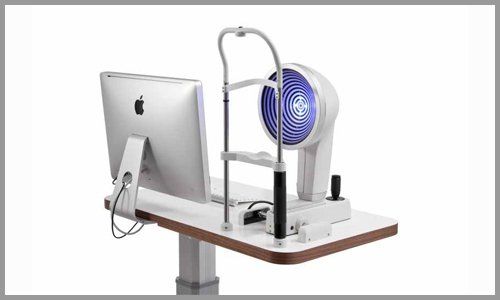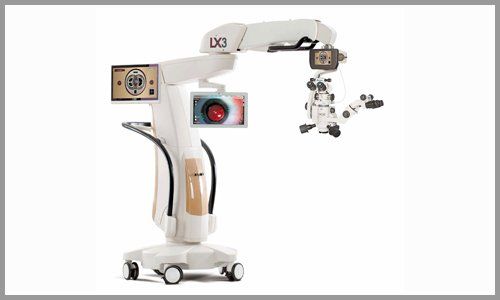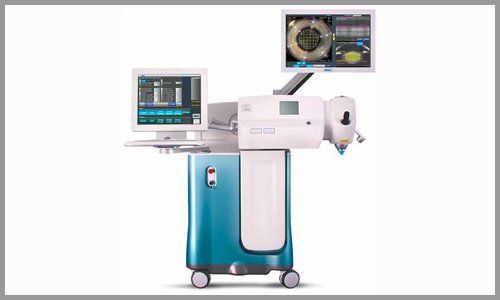Kent Eye Centre has a new State-of-the-art Cataract Surgery Suite using a Verion System
The Verion Image Guided System is a suite of integrated surgical planning and digital guidance technologies designed to help eye surgeons consistently achieve their refractive targets for patients undergoing cataract surgery. It consists of multiple proprietary technologies, including the Verion Reference Unit and the Verion Digital Markers, each designed to help eye surgeons add greater accuracy and efficiency during the planning and executing of refractive cataract surgery. You can find videos online which offer additional information about the Verion Image Guided System.
Common Questions
See some common questions and answers below.




